Parents Need to Be Aware: Teens Snorting Anxiety Medications
It’s a painful truth that many parents never anticipate—teenagers abusing anxiety medications. What’s meant to be a tool for healing can become a dangerous escape when used improperly. One growing concern is the practice of snorting anxiety pills, a behavior that can have devastating physical and emotional consequences. In this article, we’ll explore why some teens engage in this risky behavior, what signs parents should watch for, and how you can respond with support and wisdom.
Why Are Teens Snorting Anxiety Medications?
Teenagers today face tremendous pressure—academically, socially, emotionally. As a result, many are prescribed medications like alprazolam, hydroxyzine, or other anti-anxiety drugs to help them manage stress and panic disorders.
These medications are intended to calm the nervous system. However, when crushed and snorted, they can produce a fast, intense high—something that appeals to teens who are hurting, curious, or simply overwhelmed.
So why do some teens misuse their meds this way?
-
Emotional Struggles: Teens experiencing depression and anxiety may turn to prescription drugs as a form of self-medication, especially if they lack healthy coping tools.

-
Underlying Mental Illness: Misuse isn’t always rebellion—it can be a cry for help. Teens struggling with undiagnosed or untreated mental health issues may seek out fast relief in dangerous ways.

-
Access and Curiosity: If anxiety medication is available in the home, some teens may experiment out of curiosity, peer pressure, or the false belief that prescribed drugs are “safe” to misuse.

Parents should understand that even their own prescriptions are not off-limits when it comes to teen experimentation. Awareness and open conversation are key.
Why Parents Often Miss the Warning Signs
Raising teens is hard. Between their changing moods, growing independence, and the whirlwind of everyday life, it’s easy to overlook subtle behavior shifts. But when it comes to substance misuse—those subtle shifts can signal something serious.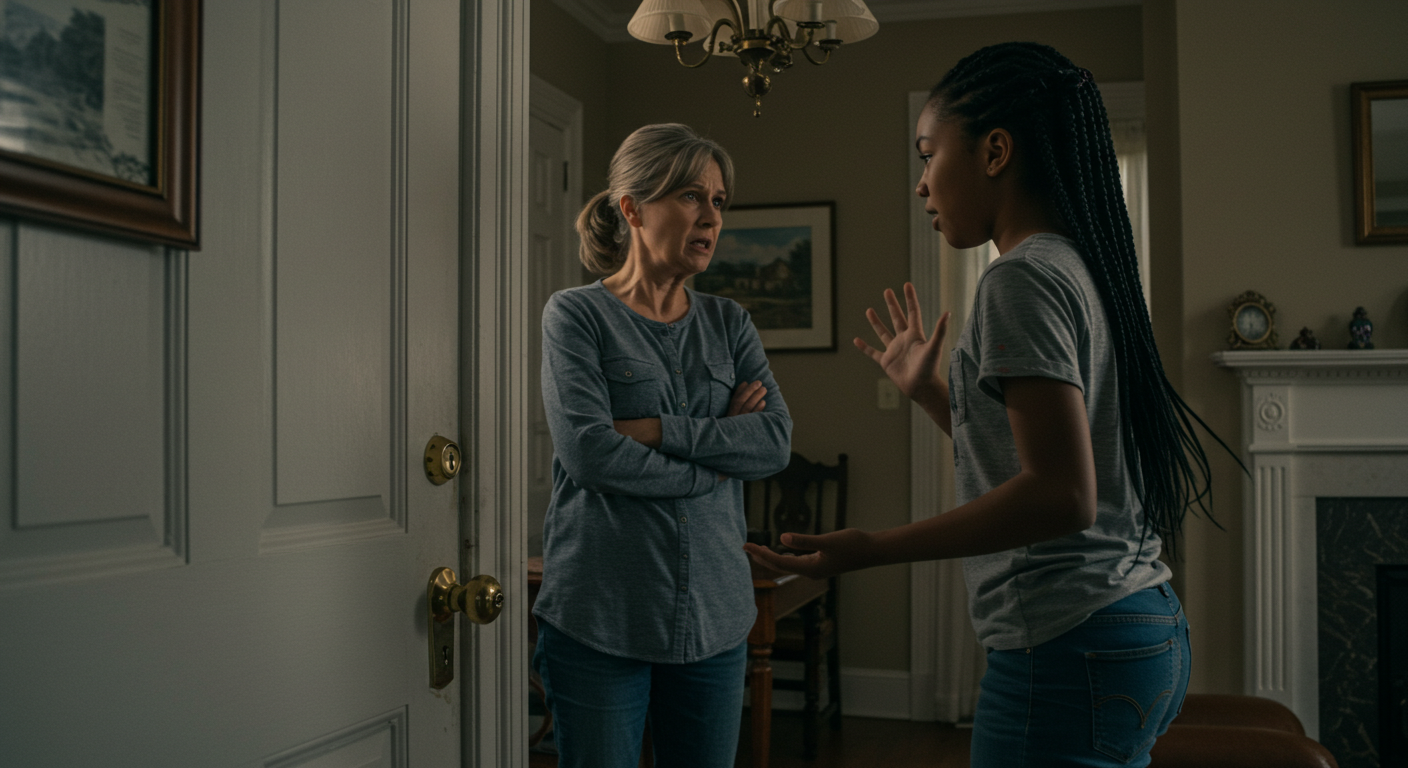
Some teens become more secretive. Others may lash out, withdraw, or change their habits overnight. It’s not always easy to tell the difference between normal adolescence and real danger—but staying alert is essential.
Signs Your Teen May Be Snorting Anxiety Meds
Here are key red flags to watch for:
1. Missing Medications or Empty Bottles
If prescription bottles are running out faster than they should, or if you find empty ones stashed away, it could signal abuse. Your teen may also claim their medication “isn’t working anymore” in an attempt to get a higher dose—even if their provider has declined it.
2. Powder Residue or Crushed Pills
Look for white or chalky residue on desks, mirrors, shelves, or bathroom counters. Check for crushed pill fragments, missing capsules, or unusual messes. Respect privacy—but prioritize safety. Consider checking their room discreetly when they’re away.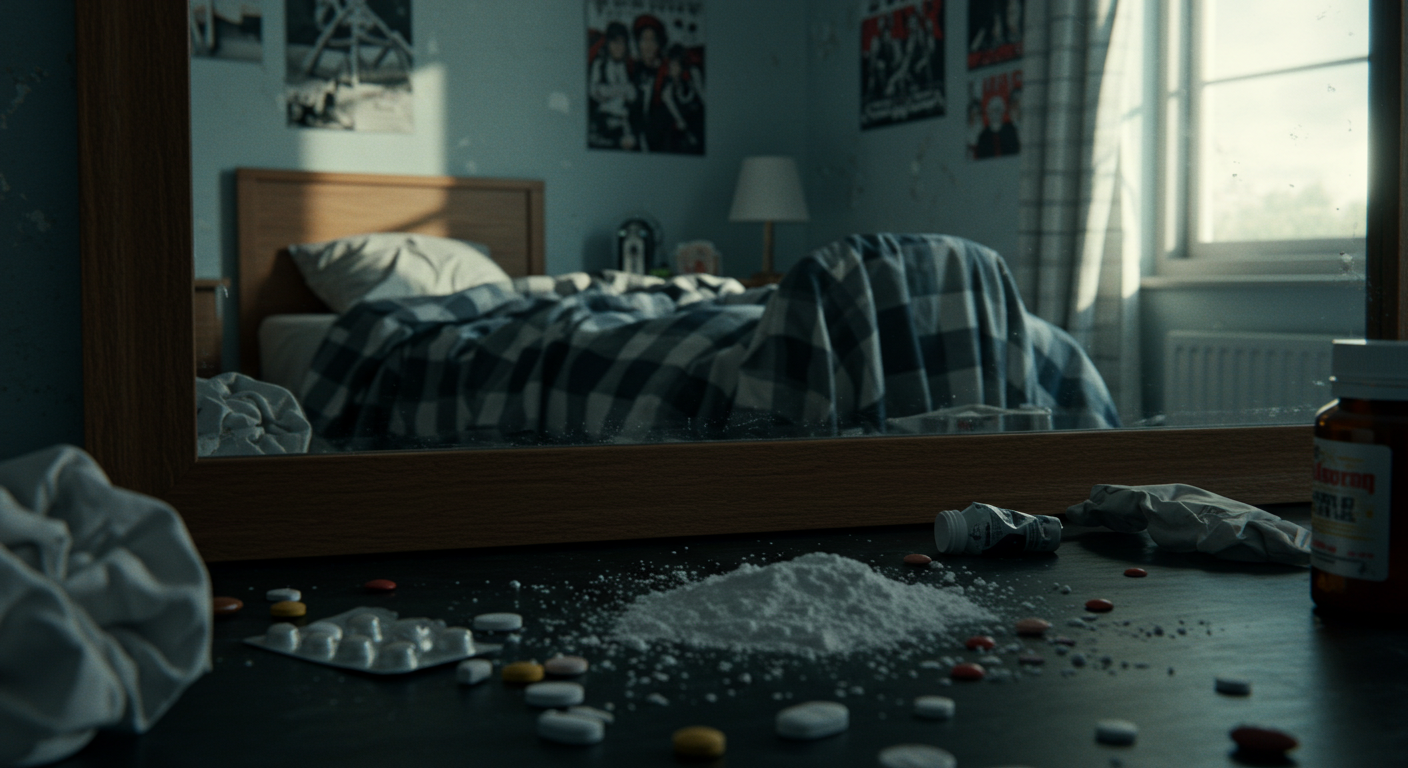
3. Frequent Nosebleeds or Sinus Problems
Snorting any substance can irritate nasal passages, causing unexplained nosebleeds, sniffing, or congestion.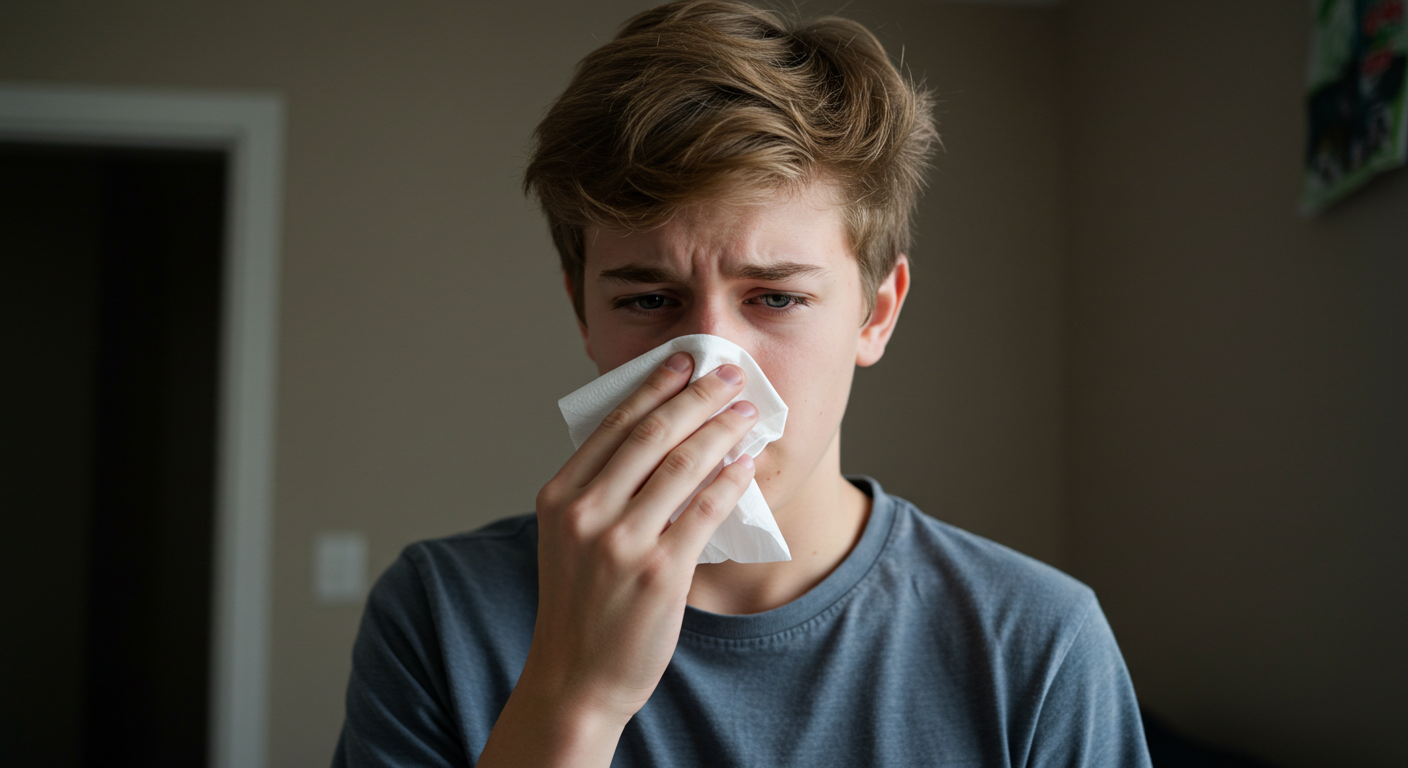
4. Drastic Mood or Sleep Changes
Rapid mood swings, agitation, lethargy, or changes in sleep patterns might suggest mental health struggles—or misuse of substances. Trust your gut when something feels off.
What Should Parents Do If They Suspect Abuse?
First: Don’t panic. Your fear is natural, but it’s important to act from a place of love and clarity. If your teen is struggling—whether or not they’ve been formally diagnosed with anxiety or depression—early action can make a life-saving difference.

Talk to them calmly. Ask open-ended questions like, “How have you been feeling lately?” or “Is there anything you’re having a hard time with?”
ImageFX Prompt: “parent and teen having serious talk in cozy living room”
-
Don’t accuse—listen. Teens who feel attacked may shut down. Instead, offer a space where they can share without judgment.
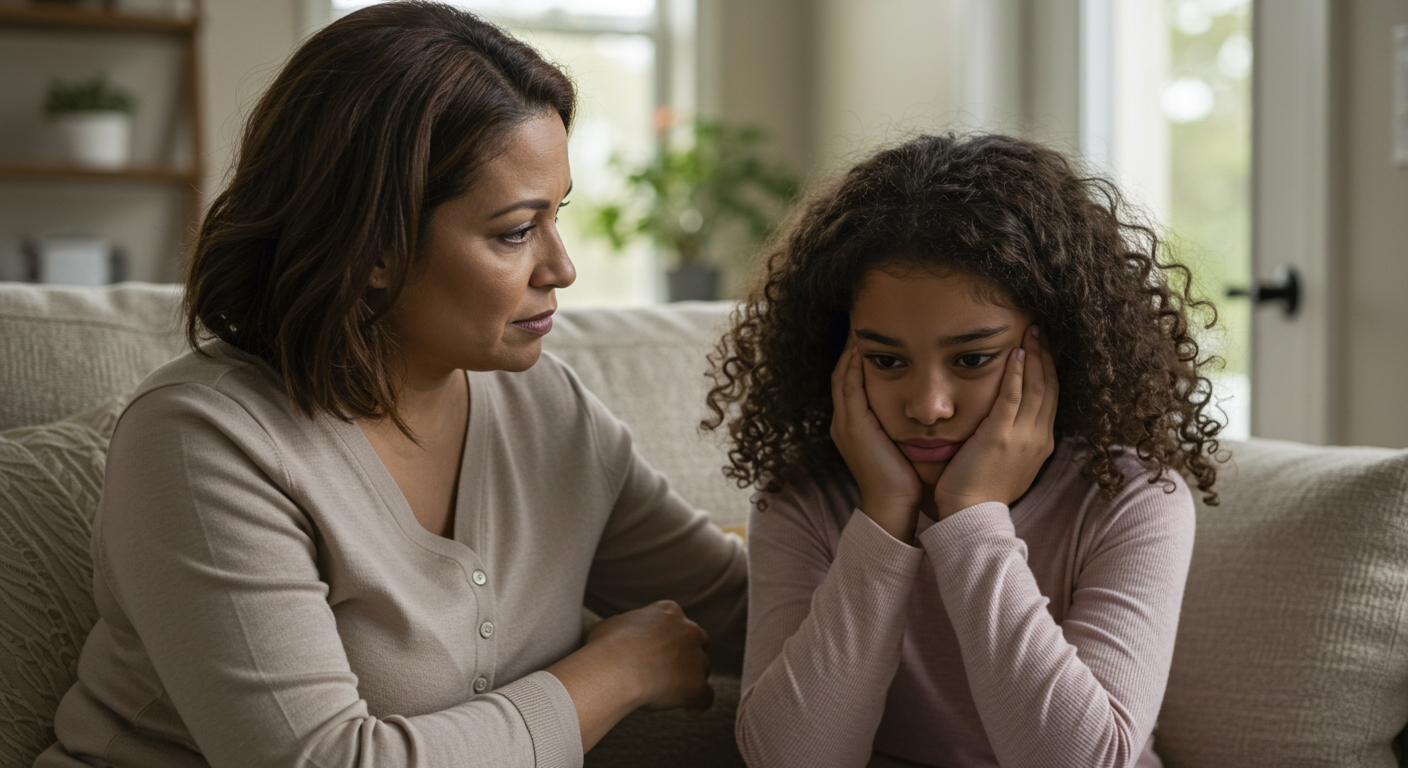
-
Seek professional support. Whether that’s a school counselor, pediatrician, therapist, or addiction specialist, early help can prevent a deeper crisis.
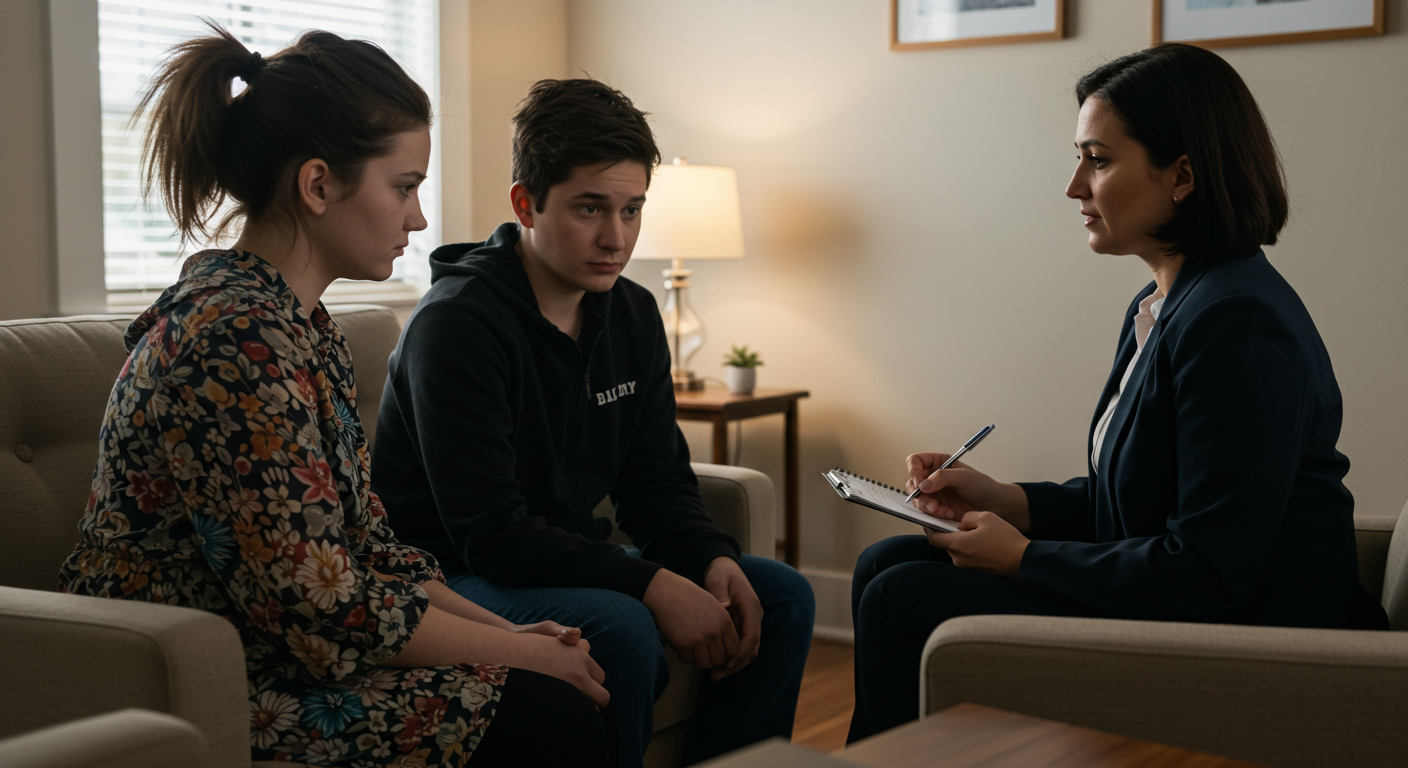
You’re Not Alone—And Neither Is Your Teen
You don’t have to have all the answers. What matters most is that you care enough to notice, to ask questions, and to take the next step. Parenting through crisis is never easy—but healing is possible, and support is available.
Whether your teen is facing peer pressure, untreated anxiety, or emotional pain they don’t know how to express—your love, presence, and action can make the difference.


“This article is such a crucial wake-up call for parents and caregivers. The misuse of anxiety medication among teens is a growing and alarming issue, and your post does an excellent job of highlighting the hidden dangers. I appreciate how you balance urgent information with compassion—encouraging open dialogue rather than fear. Education like this is essential for prevention and early intervention. Thank you for your commitment to teen mental health and safety.”